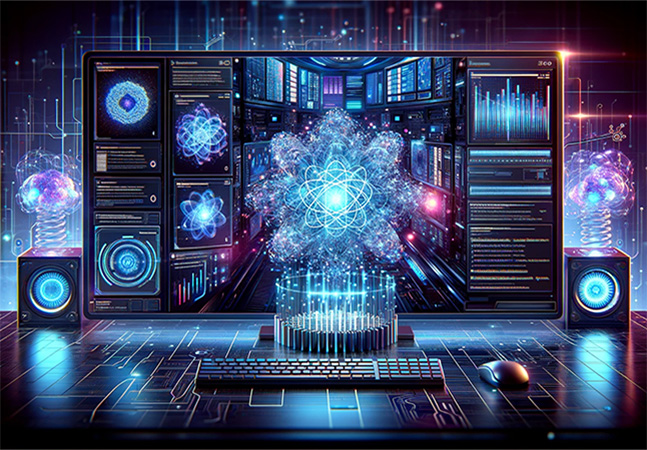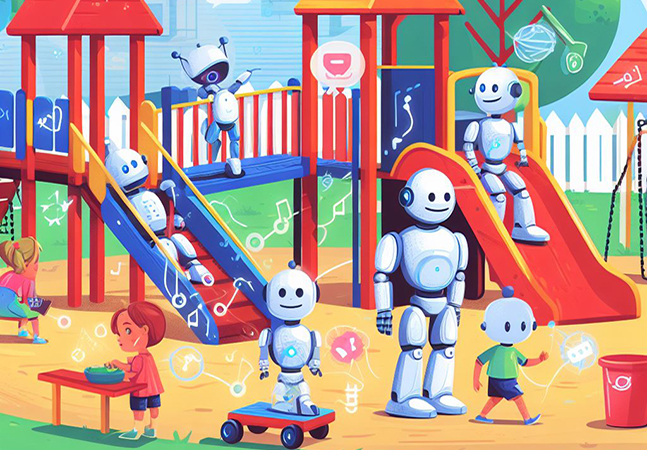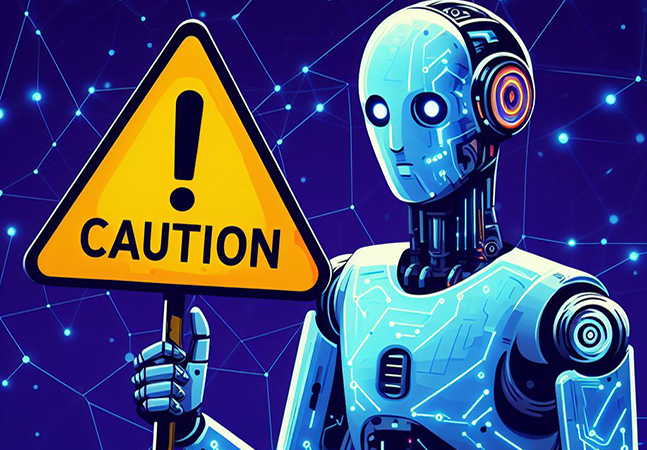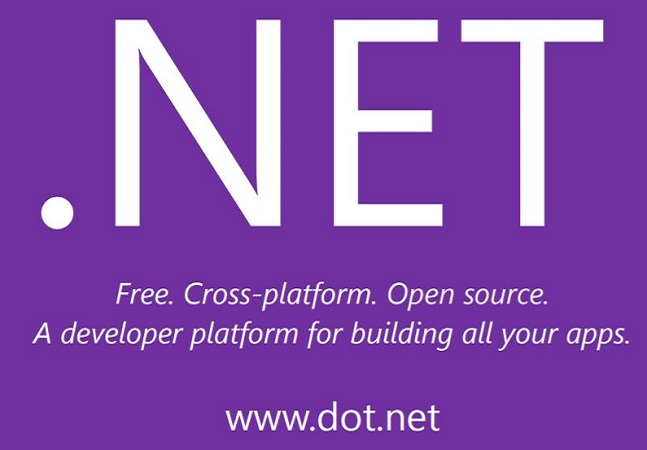
On its Developer Blogs site Microsoft today extended an invitation to join company experts at an upcoming developer conference exploring the latest .NET Microsoft Platform developments.

Microsoft continually seeks to embrace programming languages beyond its own C#, TypeScript and F# and so on, lately boosting support for Go, the popular language developed by Google.

Learn the concepts important to monitoring applications and how to configure Azure Monitor and Application Insights to collect relevant data, alert you when potential problems occur, and report on that data in near real time.

"Our most important focus areas are cloud-native and intelligent app development," said Microsoft in outlining its vision for .NET 9, which this month shipped in its first preview ahead of reaching general availability in November.

Microsoft this week detailed new features for its Java tooling, both in its Visual Studio Code extension and the Azure Toolkit for IntelliJ.

Despite reaching v1.0, it's described as an early preview with much more work to be done, more than six years after its debut.

Microsoft says organizational focus on improving the overall developer experience -- as opposed to traditional developer productivity/velocity measurements -- pays off, according to new research.

You've carefully crafted a concurrent application taking advantage of all the latest and greatest language features. It scales magnificently and it's the jewel of the cloud. But what about the database? What happens when simultaneous queries are executed against the same data?

Debuting with the unwieldy moniker "Azure Migrate application and code assessment tool for .NET" (shortened to AppCAT), it helps developers assess a .NET app's code, configurations and binaries to smooth the migration process.

Embracing automated testing is crucial for achieving technical resilience in modern applications, and for web UI testing that embrace is easier with Microsoft's Playwright.

WebAssembly made Microsoft's Blazor framework possible by enabling C#-based web development, and now the company wants it to completely remake cloud computing.

Microsoft's sweeping infusion of advanced AI tech throughout its dev tooling continues apace, most recently providing a new focus point for the company's Java on Azure team.

Microsoft's dev team for Java on Azure tooling announced support for the Azure OpenAI Service and associated Playground, enabling new AI-based scenarios based on advanced tech from Microsoft partner OpenAI, creator of ChatGPT.

In this case, "safety" doesn't refer to cybersecurity concerns, but rather unsafe images and text that AI developers in the Azure cloud might run across in various content categories and languages.

"The' tl;dr' is that we rewrote it (mostly) in Rust which compiles to WebAssembly for VS Code or the web, and to native binaries for Python."

Creating any kind of software application is difficult enough, but in the cloud things only get harder when complexities like microservices, distributed teams and so on are thrown into the mix.

With software development's AI-powered future recently announcing itself, putting AI to work right now in your apps is a good way to position yourself for that future today.

As promised at Build 2023 in May, Microsoft Dev Box is now generally available, providing an Azure-based service that delivers virtual workstations specially configured for software development.

Are you mystified by all the Azure services Microsoft provides to help developers build .NET apps in the cloud?

Once you get a handle on how containers actually work and containerizations concepts, it's time for you to think about how you will run them in Azure.